Right after the spread of novel coronavirus, we have been hearing talks that the speed of spread will slow down as summer gains strength. However, there is no evidence that the rising temperature will impact the outbreak. Let’s find out what is the expert’s take on this.
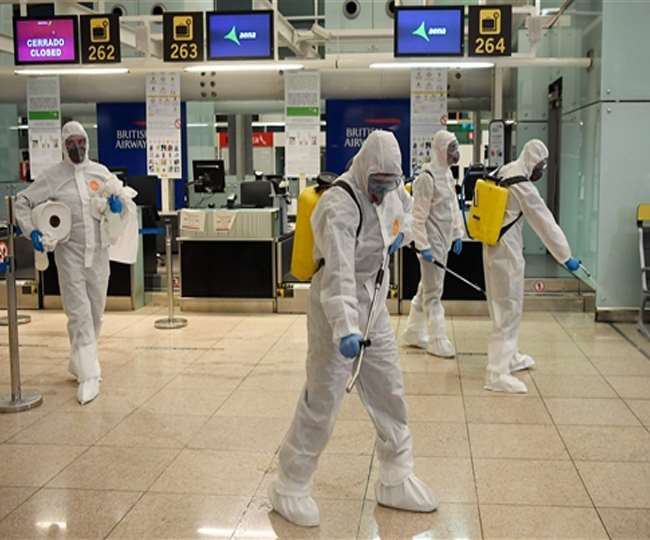
According to India Today, although we have seen the limited impact of coronavirus pandemic in the southern hemisphere so far, the doctors dealing with the virus are not sure about the impact due to rise in temperature.
In another coronavirus epidemic that broke out in Saudi Arabia and spread to other parts of the Middle East, first reported in September, took place at a time when the sun beats hard on the Arabian peninsula.
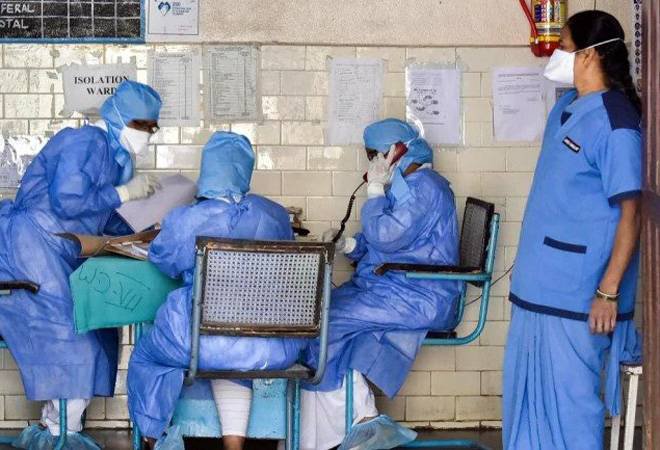
However, a team of researchers at the Massachusetts Institute of Technology in the United States has studied the spread of coronavirus and the debate has started once again.
After analysing the data, the authors of the paper say, “Based on the current data on the spread of 2019-nCoV, we hypothesize that the lower number of cases in tropical countries might be due to warm humid conditions, under which the spread of the virus might be slower as has been observed for other viruses.”
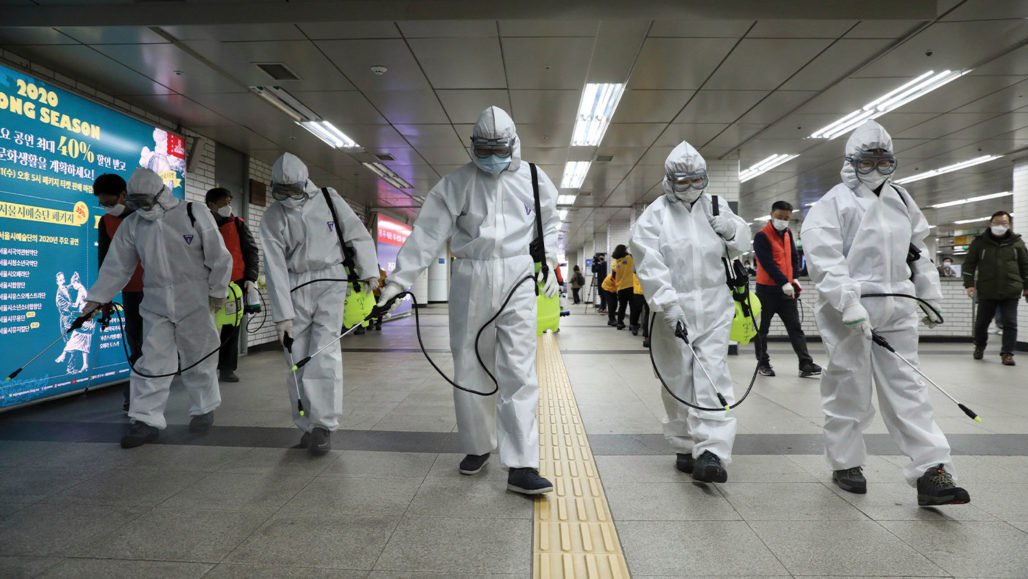
The paper further states, “Our analysis shows that the chances of reduced spreading due to environmental factors would be limited across most of northern Europe and North America (USA and Canada) in summer.”
The study says that there is a close relation between temperature and humidity conditions on one hand and the spread of coronavirus between January 22 and March 21. The study found that most of the new cases of coronavirus were reported in places where the minimum temperature was in the range of 4-10 degree Celsius.
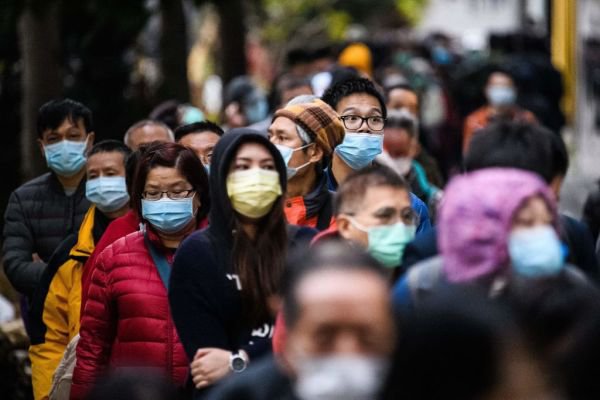
The report further adds that a surge was observed in COVID-19 cases after March 10 where the minimum temperature was below 18 degree Celsius. Attributing to late testing, the MIT paper explained that the recent increase in number in warmer and humid regions.
However, the paper guards against the generalisation of the findings to say, “no way suggest that 2019-nCoV would not spread in warm humid regions”.
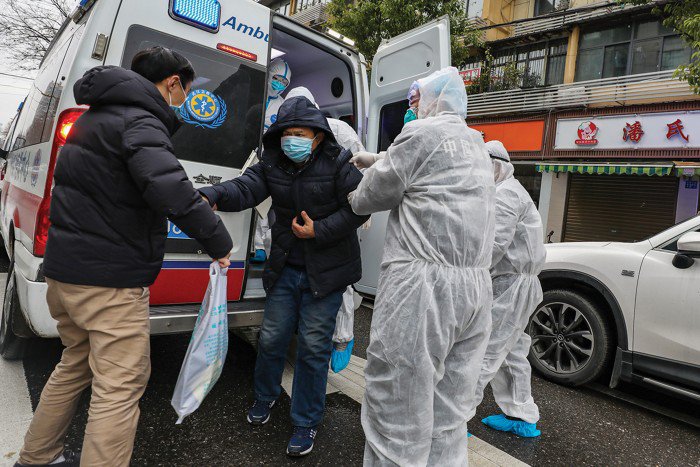
To slow down the transmission of the virus, the authors of the paper recommended effective public health interventions should be implemented across the globe.

















